Most Forgiving Drivers 2025
Looking for a driver that will offer forgiveness on off-centre strikes? Here, we take a look at the best currently on the market
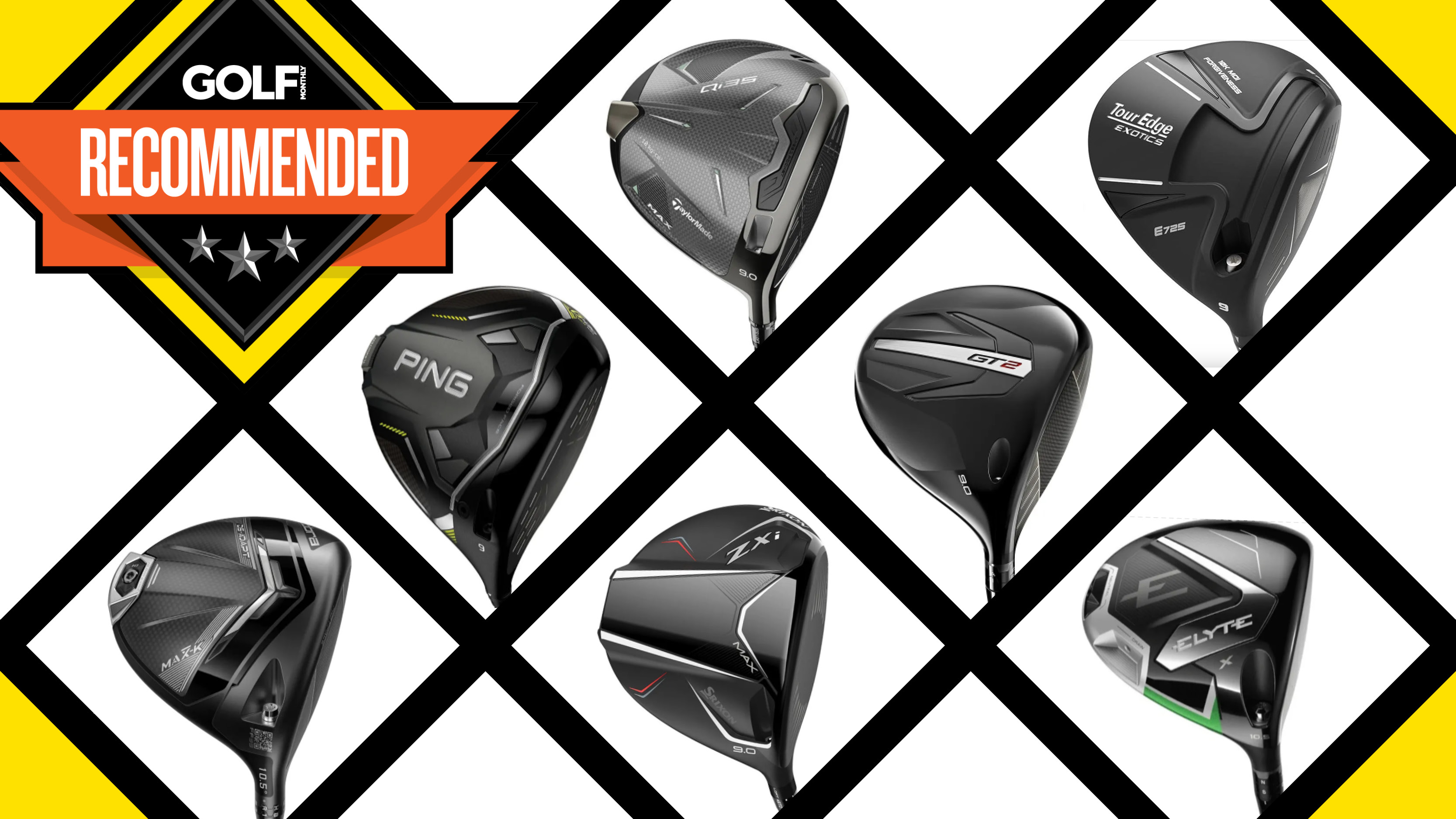

While the putter is probably the most important club in the bag because you use it the most, one could argue that the driver is just as vital because if you can't put the ball in play off the tee then it doesn't really matter how good you are at anything else, you have no chance to score well.
If you are hitting balls out of bounds or losing them in deep rough or trees, that's a sure fire way to ruin a scorecard and make golf a lot less fun. Therefore any help we can get when it comes to finding fairways should not be sniffed at.
Even the professionals don't find the centre of the club face every single time so for the mid-high handicapper or weekend golfer, it's vital to find a driver that will offer as much forgiveness as possible. In other words, you will need a driver that will provide distance and accuracy, even when the centre of the face hasn't been struck.
WATCH: Joe Ferguson tests and compares the leading drivers on the market in 2025
Thanks to modern technology and the fierce competition between brands to outdo eachother, the best golf drivers are much more user-friendly than those of five years ago. For 2025, the big story has been the pursuit of 10K MOI (Moment of Inertia). If you are unsure what MOI is, it's the measurement of a club's stability and resistance to twisting. When you strike the ball towards the toe of the club, the impact pushes against the toe of the face and that forces it slightly open. Likewise, in terms of the heel, the impact causes the face to close slightly.
This has been achieved by moving weight around in the head, so the further back from the face you can place weight, the higher the MOI and the more stable the club head will become. So, if you are after a forgiving driver, you're in the right place, as we have tested each and every one of the models in this guide and picked out our favorites for you to check over.
Perhaps forgiveness is not your priority though and you want a driver to help you other ways, then why not check out our guides on the best golf drivers for distance, best golf drivers for slicers, or even the best golf drivers for slow swing speeds.
The Quick List
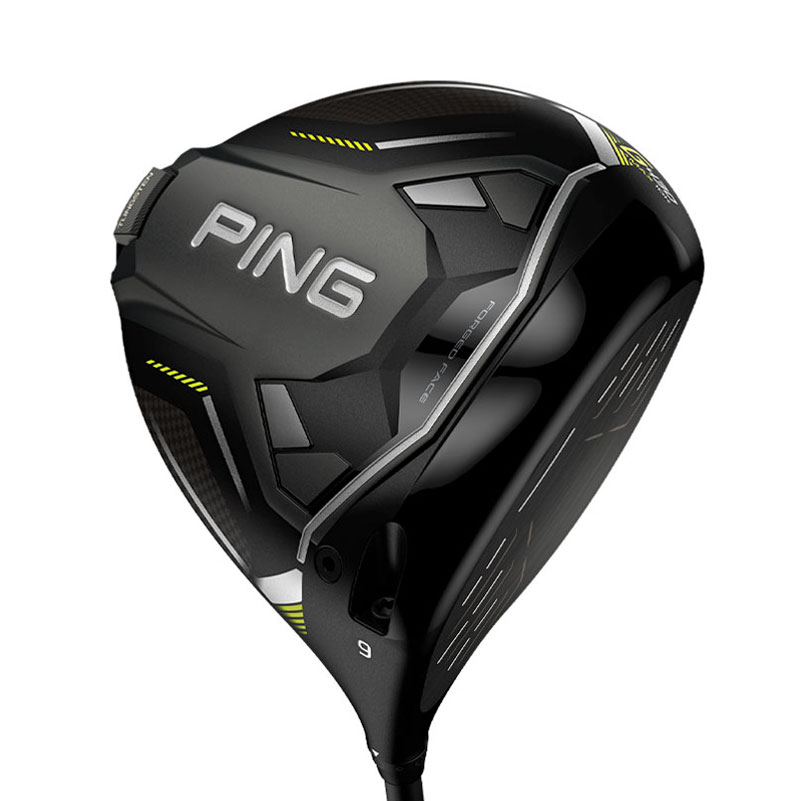
The forgiveness and stability of the G430 Max 10K head is truly remarkable, but when you add low spin and high ball speed to the equation, this is close to perfection.
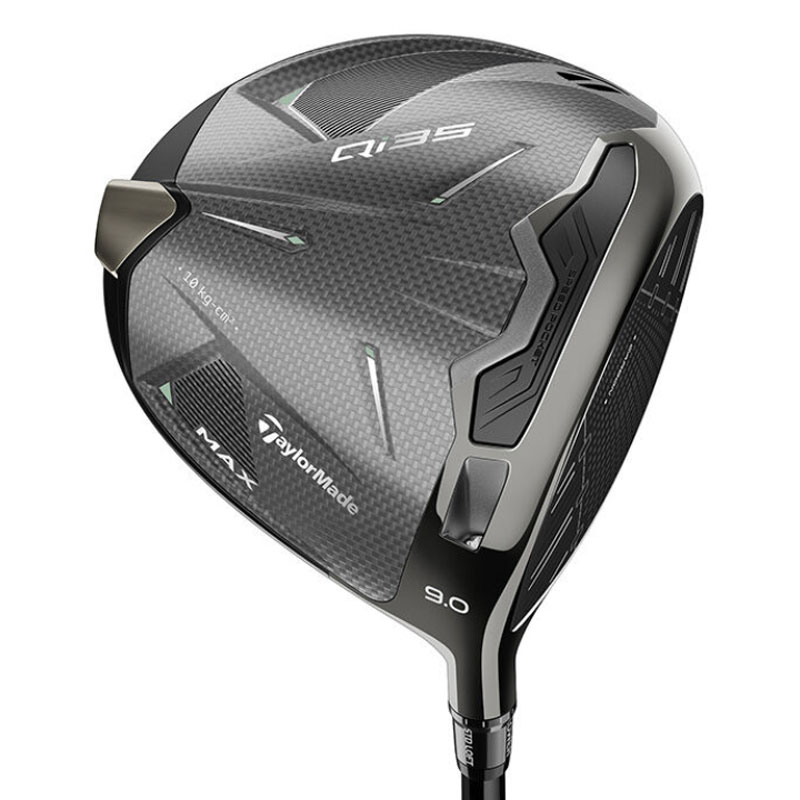
The Max is the most user friendly driver in the new Qi35 range, with beautiful looks backing up exceptional performance in both distance and forgiveness.
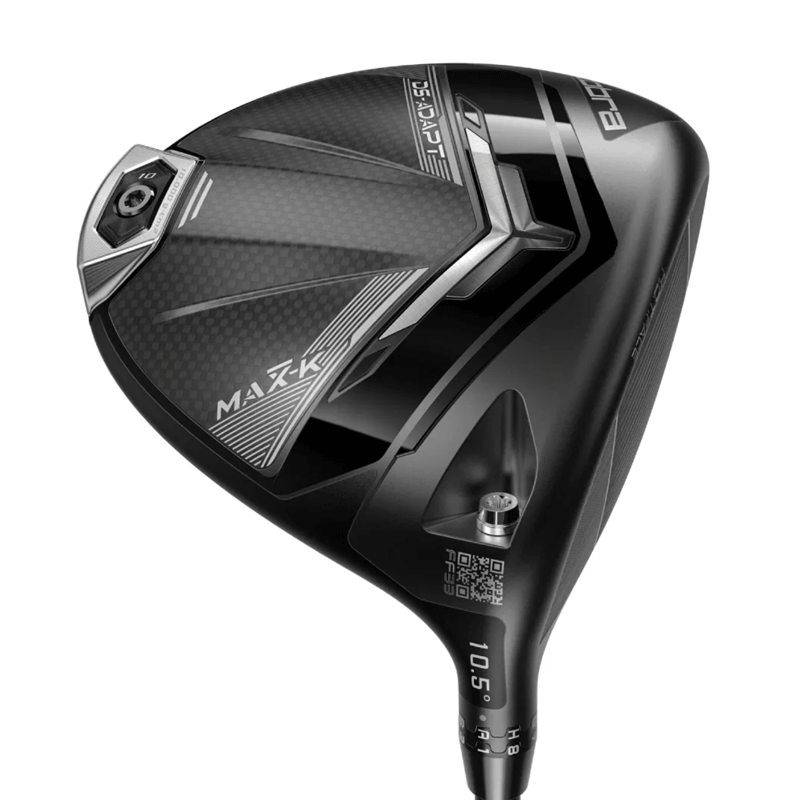
This is a driver worthy of a spot in our guide for the most forgiving drivers of 2025 thanks to over 10k of MOI produced in the driver head to help straighten out those wayward drives.
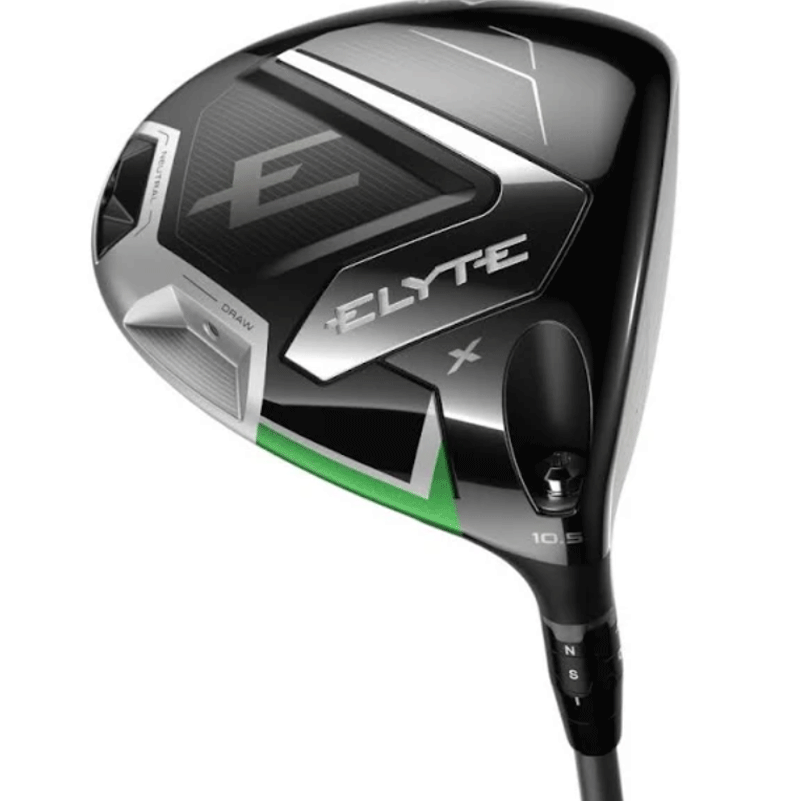
The X is the most forgiving driver in the new impressive the Elyte range which sees Callaway's momentum as one of the best driver manufacturers in the business continue.
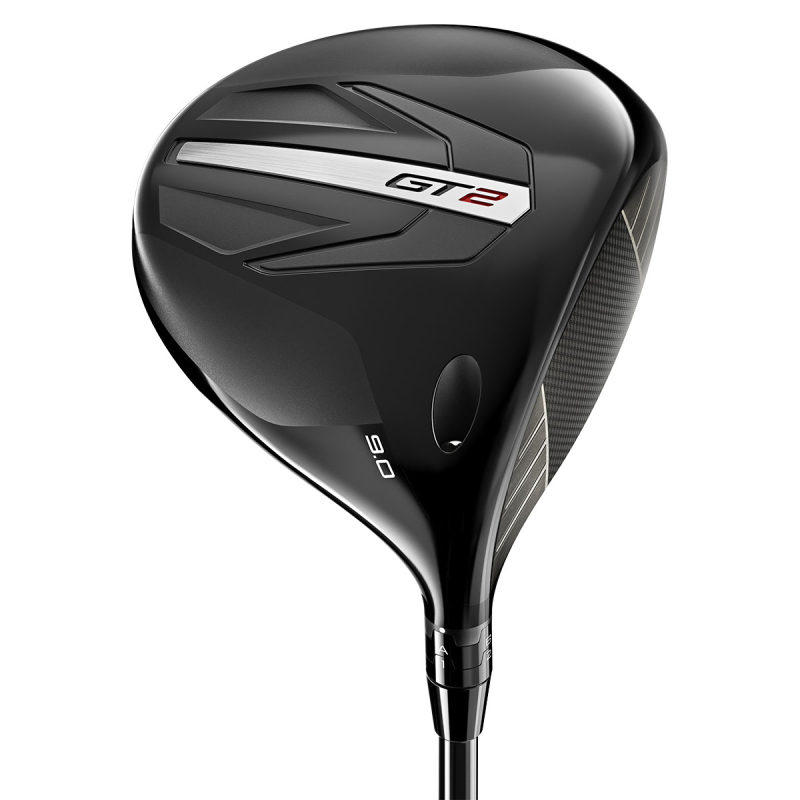
The GT2 is extremely user-friendly from a wide range of areas and features the traditional Titleist looks that we know and love, It also has improved feel and acoustics.
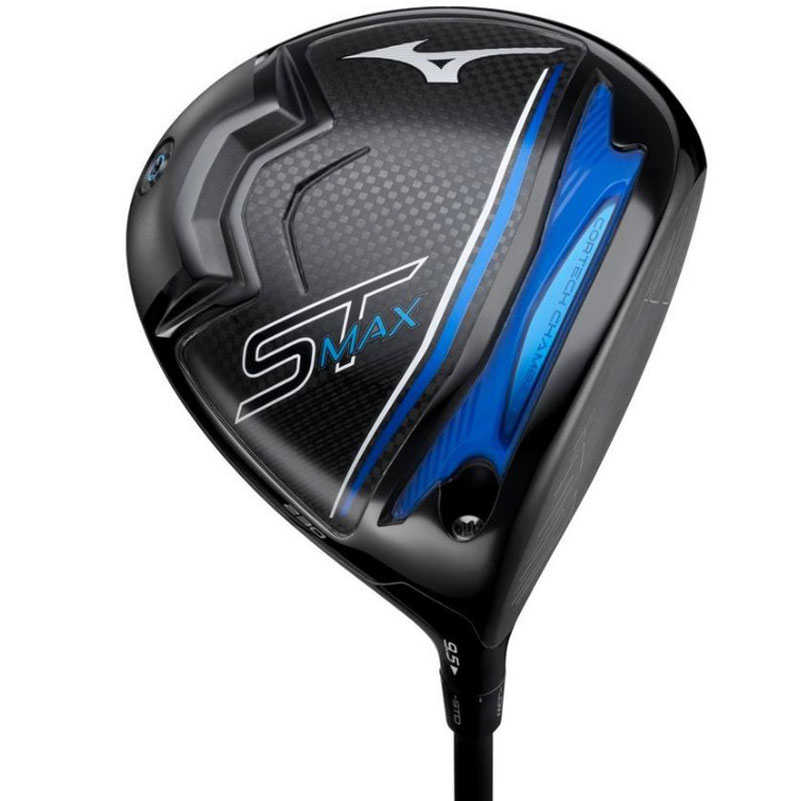
If you're looking for a driver than spins a bit more than usual, the ST-Max 230 from Mizuno could be the one for you. It delivers a satisfying feel that will appeal to many players whilst it gets a flying grade when it comes to looks.
Load the next 2 products
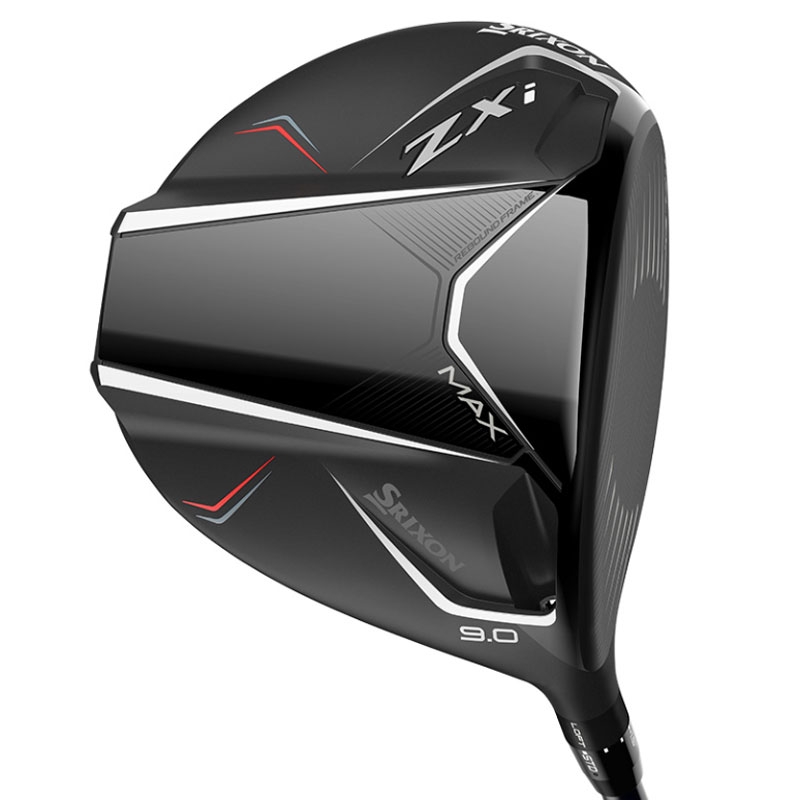
Good looks, tight dispersion and a driver head that will help the confidence levels of any player, the ZXi Max is a must try for players looking extra forgiveness from their driver in 2025.
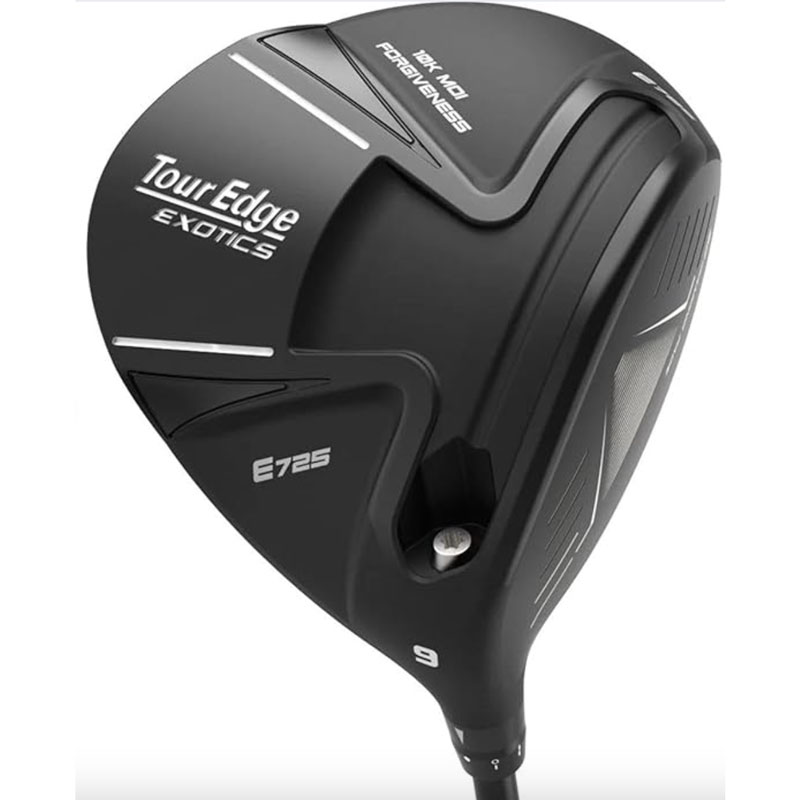
The E725 is a high-performing budget option for the higher handicap who doesn't want to break the bank on a new driver in 2025.
Most Forgiving Drivers
Top pick
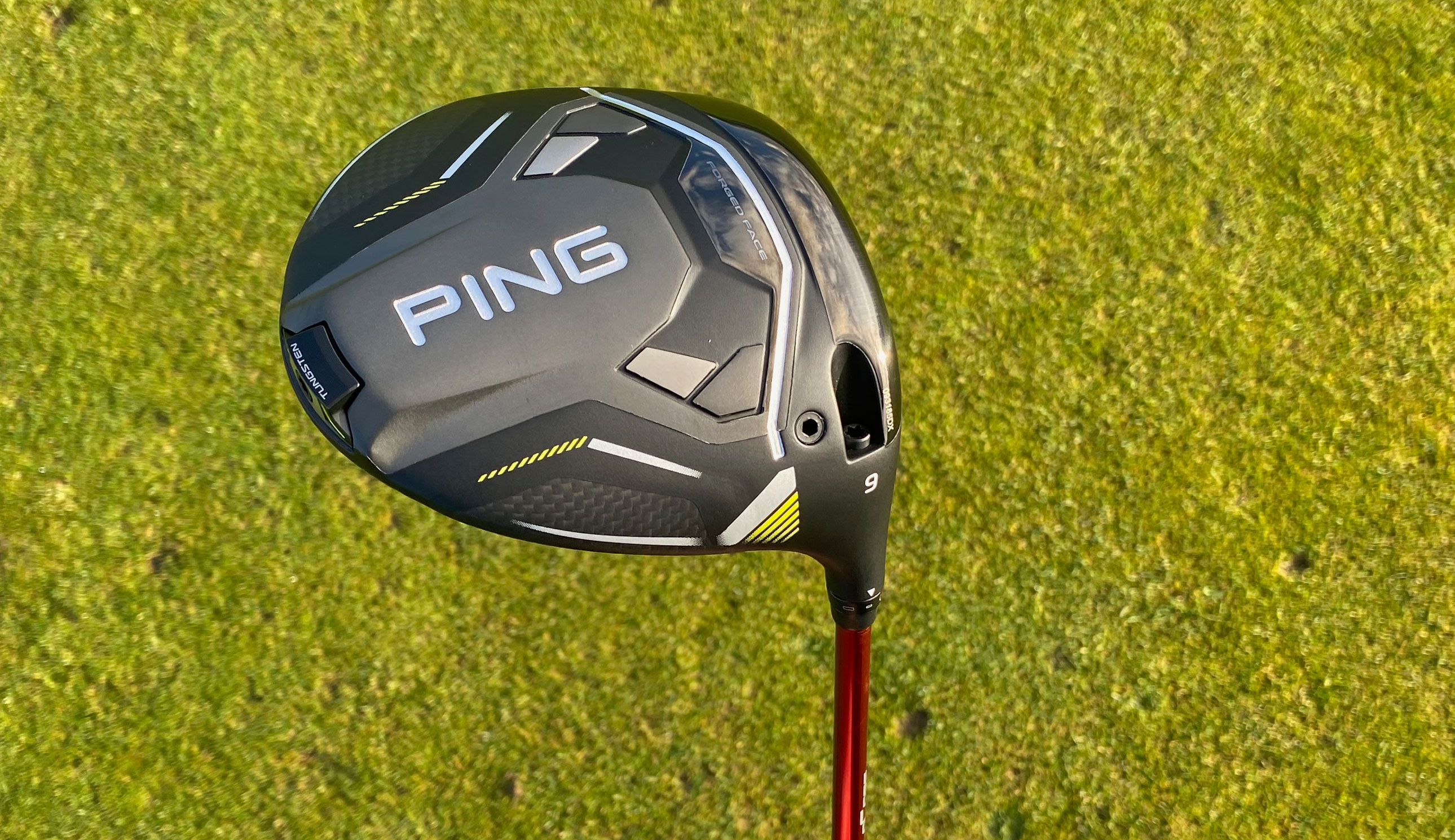
Specifications
Reasons to buy
Reasons to avoid
Since it was added to Ping's expansive G430 range, the G430 Max 10K has generated a lot of buzz, and rightly so as this is a spectacular driver. What differentiates the 10K from the rest? Well, Ping claim it is the straightest and highest MOI (moment of inertia) driver it has made to-date, which given how impressive some of their other drivers have been in no mean feat!
Frankly, and we don't say this lightly or often, we were amazed by the performance. The stability and forgiveness when striking the ball are outstanding but what makes it stand out against the competition is that Ping have managed to combine this exceptional forgiveness with a low level of spin. That isn't normal.
Our tester described the Max 10K as the most stable and forgiving driver head he has ever used, which is the highest of praise from somebody that tests drivers for a living! In testing, the dispersion was extremely tight while ball speed on mis-hits barely dropped a couple of miles per hour. What's more, with the larger footprint and stretched out look at address, the 10K excels in pretty much every department!
- Read our full Ping G430 Max 10K Driver Review
Most accurate
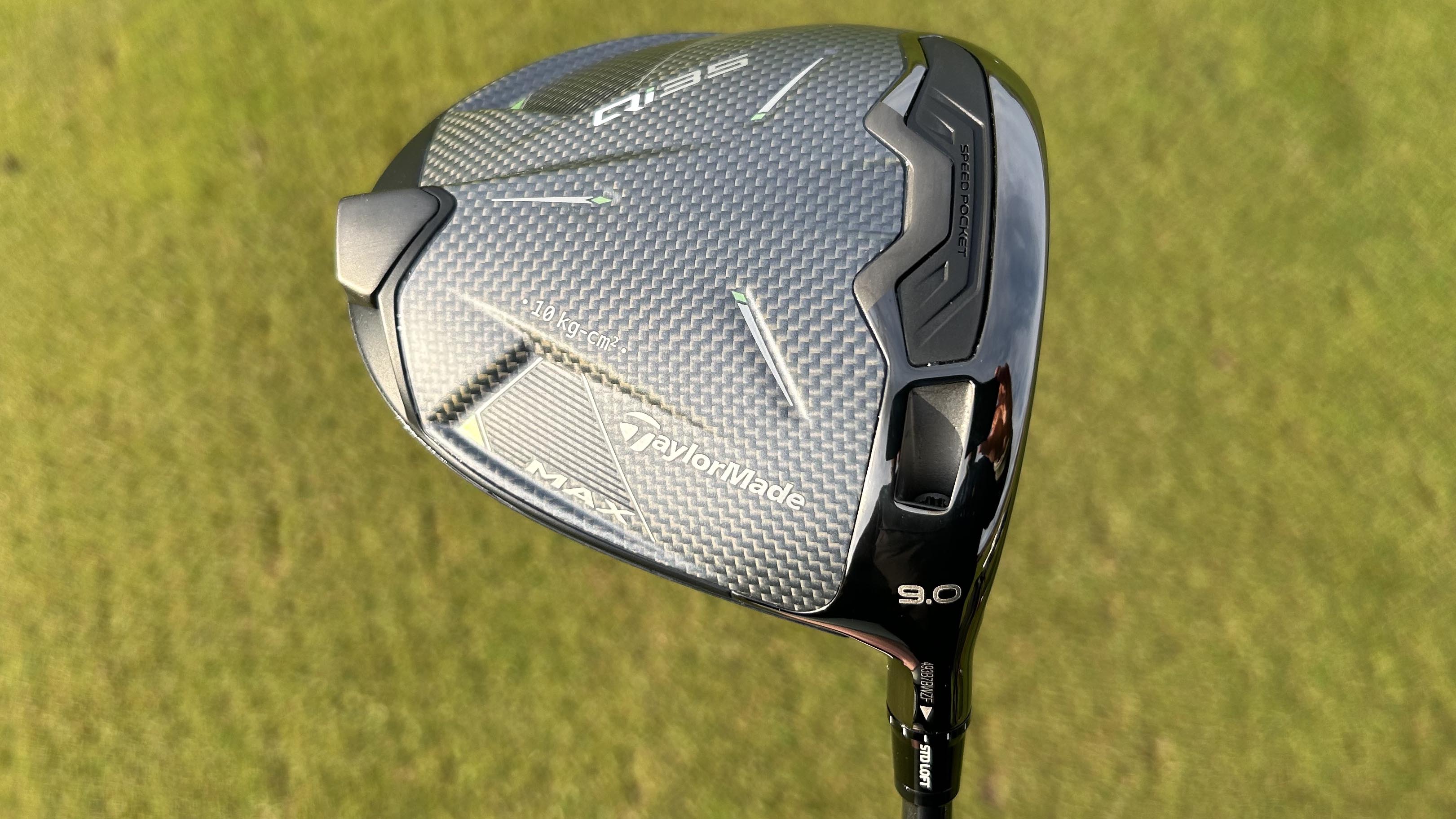
Specifications
Reasons to buy
Reasons to avoid
First impressions are important in any walk of life, so when we took the new Qi35 family out of the packaging ahead of testing we were suitably impressed by the new upgraded look. This is a beautiful looking set of drivers, all of which are coated in a carbon fiber-style finish that you'd likely see on the inside of a Ferrari or Aston Martin sports car.
We'll focus on the Max driver in the family for this guide as it is the most forgiving of the range, mainly thanks to the boffins at TaylorMade lowering the CG of the head to help stabilize the club more through impact. This is down in part thanks to a new 34g weight to the rear of the club head.
We've tested all of the drivers currently released for the new 2025 season and thus far none have matched the tight dispersion rate of the Qi35 Max. Our dispersion during testing was tremendous, not varying too much from either side to side or back to front. We also think players who struggle with the mental side of the game off the tee will really benefit from the size and shape of the head behind the ball which should inspire confidence in any player, no matter their handicap. Those that struggle with the dreaded slice may want to look elsewhere though as there isn't as much draw bias inbuilt into the Max as there is with models from other manufacturers. It's still absolutely worth trying, however.
- Read our full TaylorMade Qi35 Max Driver Review
Best adjustability
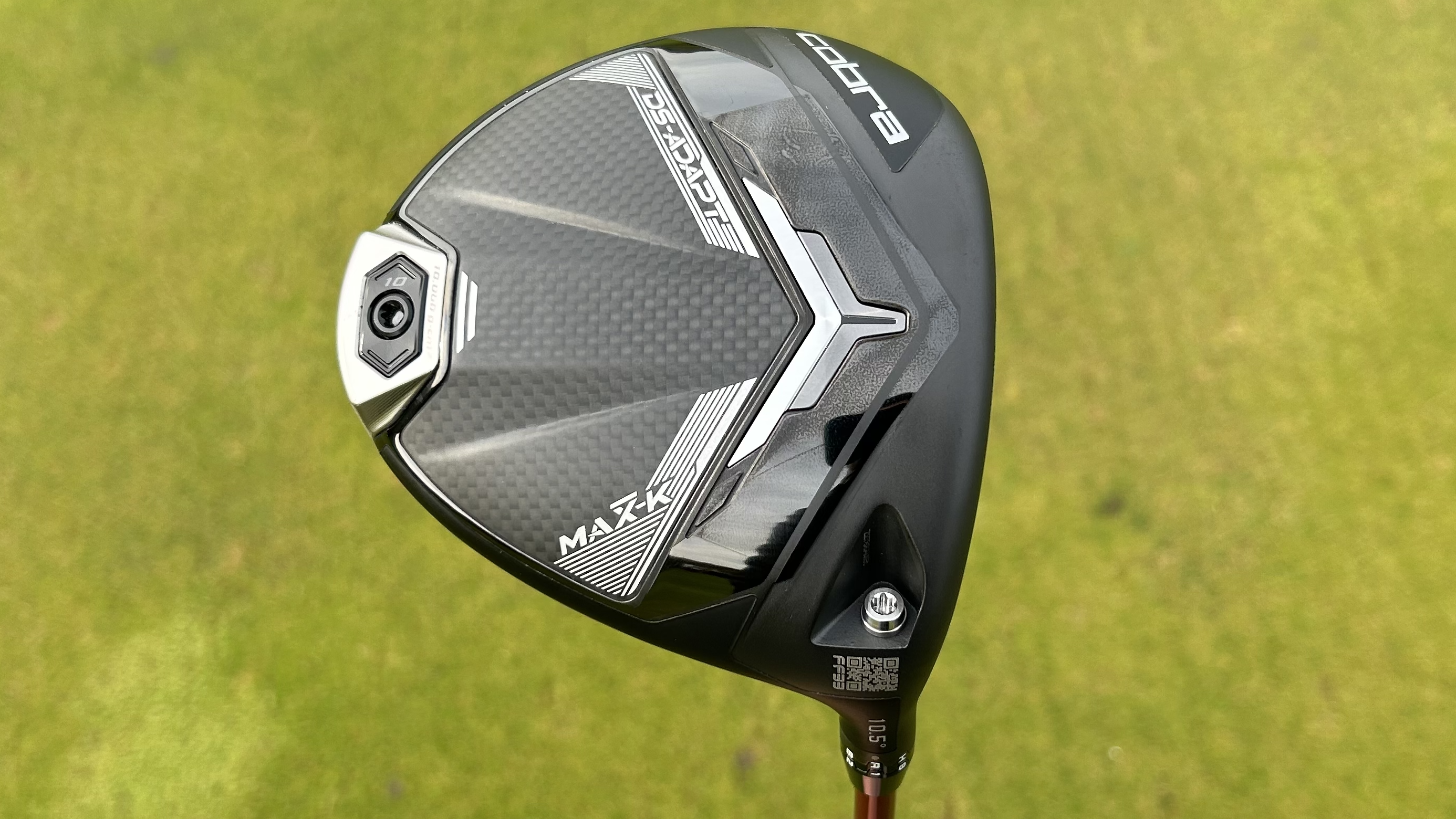
Specifications
Reasons to buy
Reasons to avoid
Cobra isn't one of the first brands that comes to mind for long and forgiving drivers, but it probably should be...
We really enjoyed the performance of their Darkspeed range, whether that be the 'Max' model for the upmost forgiveness or the 'X' model for all-round performance. We were therefore naturally excited for the new DS-ADAPT range and we're happy to report we weren't left disappointed.
We'll focus on the MAX-K driver for this guide, the most forgiving of the range thanks to over 10k MOI packed into the head. MOI is the magic behind the technology that helps straighten out shots that miss the center of the face - essentially how the club creates forgiveness, which is what you will want from your driver given you're reading this guide. During our testing we were blown away with how tight our dispersion was, trying but failing to hit truly bad, wayward tee shots.
We also really liked the new adjustable hosel that Cobra have named FutureFit33 - it decouples lie angle and loft to allow for maximum customization, with 33 different settings on offer. It can really help users fit the club to suit their playing characteristics - both ironing out weaknesses and harnessing the strengths of their swing with driver in hand which can pave the way for better play off the tee for players of any handicap.
- Read our full Cobra DS-ADAPT MAX-K Driver Review
Best draw bias
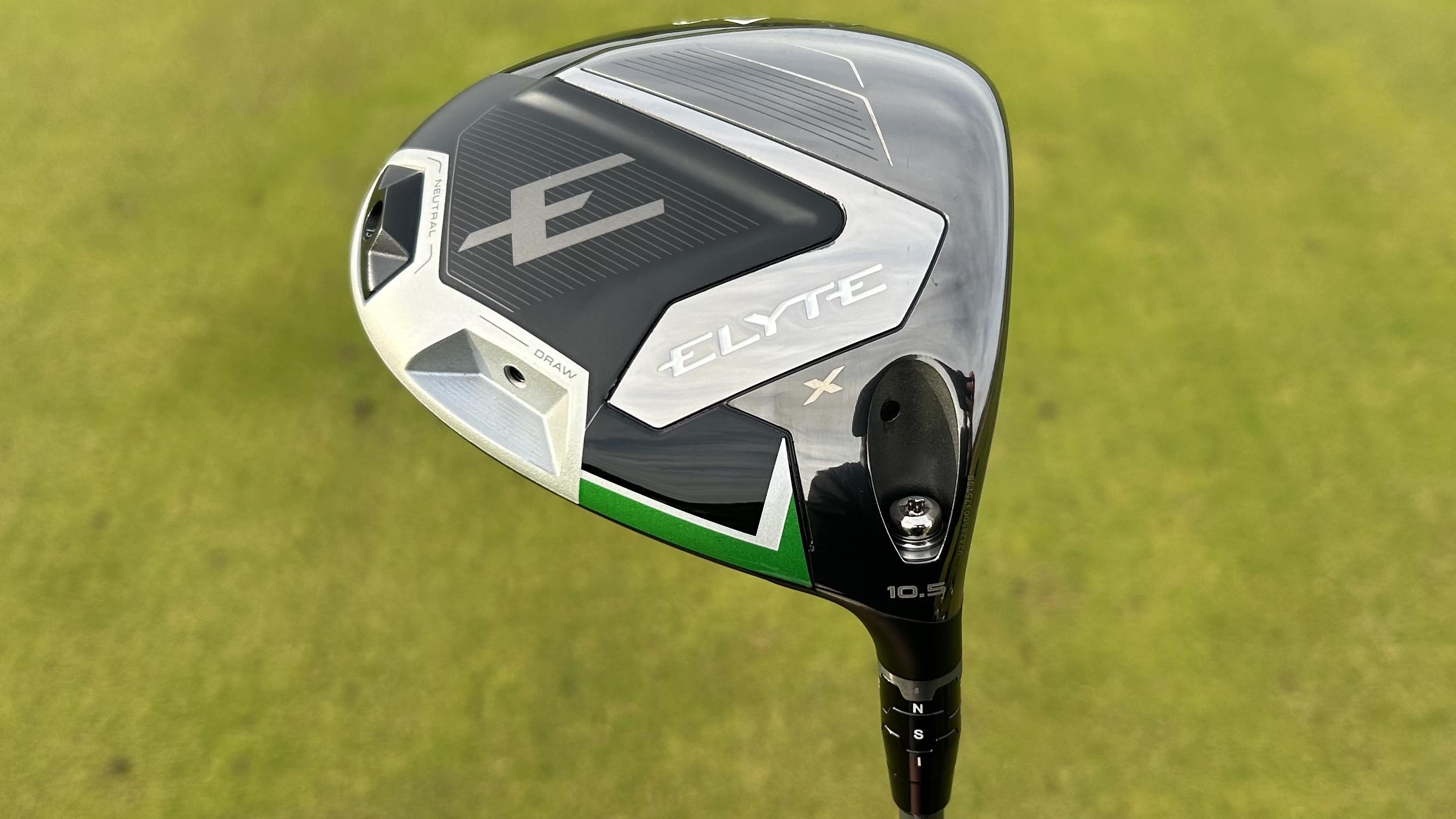
Specifications
Reasons to buy
Reasons to avoid
The most user-friendly of the Elyte family, the 'X' should be a serious consideration for those players looking for a shiny new toy to add to their setup this year.
If you're a player that struggles to get the ball airborne off the tee, the Elyte X could prove a really good option for you. An adjustable 13g sits at the back of the club face that helps with both forgiveness and launch. We played about with it during testing and it really helped us manipulate the ball flight to suit what we wanted to do.
This next point won't surprise many people seeing as this is another Callaway product, but this is a damn good looking driver, especially at address. Like the Ping G440 range, the sole design has divided opinion but there is no debate about how good the head looks when you stand at address. The green colorway is a mini tribute to the original Epic driver range from a few years ago, whilst the shaping of the head means this sits beautifully square behind the ball, helping users feel confident before the pull the trigger. Once hit, the feel is a robust but pleasant one and the acoustics were pleasant on our ears, adding to the reasons why this is a must try for those looking a forgiving driver in 2025.
- Read our full Callaway Elyte X Driver Review
Best address
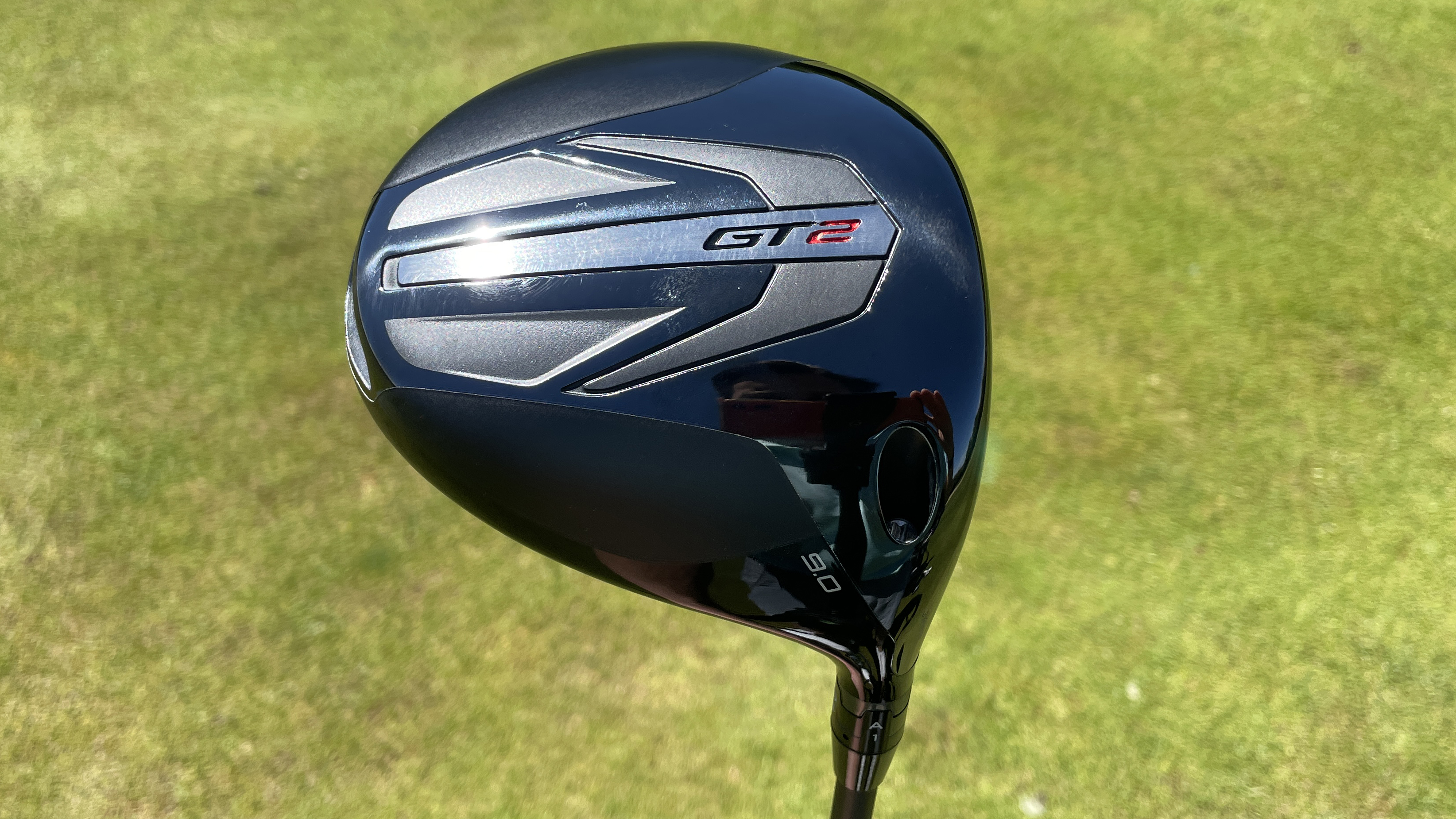
Specifications
Reasons to buy
Reasons to avoid
We have always felt that the best Titleist drivers are amongst the nicest looking drivers on the market and, with the GT range we would say that the brand has knocked it out of the park again! Despite there being a new multi-material crown, there are no joins or banner strips down in the playing position and the head shape has retained the familiar, clean Titleist aesthetic we know and love.
The GT2 crown looks fantastic over the ball and there are great performance benefits to that crown too. Titleist's engineers have created something called a Proprietary Matrix Polymer which is three times lighter than the all-titanium construction in the TSR range, which allows weight to be moved around to help MOI.
In the GT range, the GT2 is the most user-friendly model with the highest MOI so it's the one you need if you're looking for help off the tee. In testing we loved this club. The sound and feel were nothing short of exquisite, while the forgiveness was exceptional, especially on low and heel strikes.
- Read our full Titleist GT2 Driver Review
Best For high launch
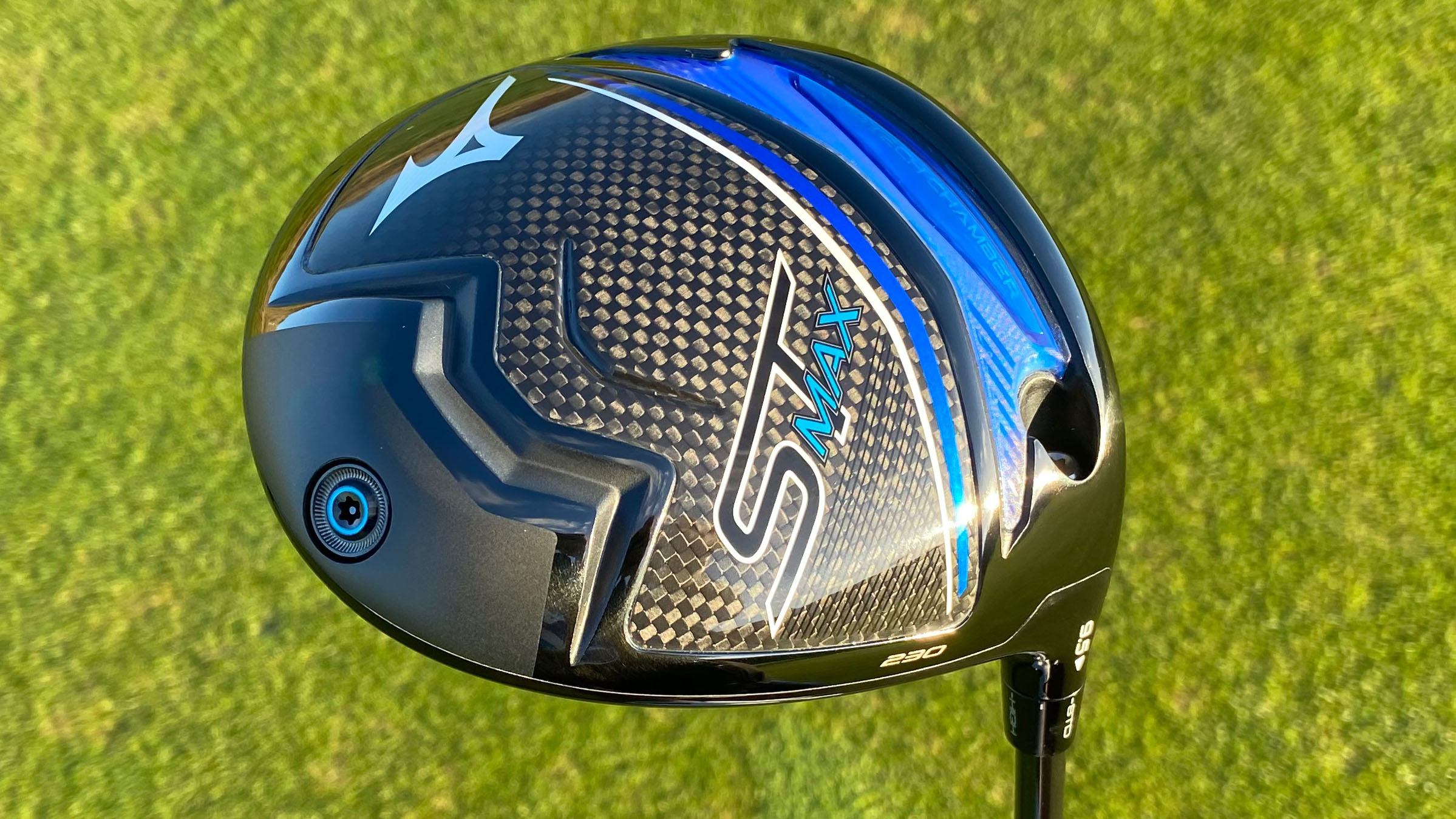
The ST-Max 230 is an underrated model that more should test
Specifications
Reasons to buy
Reasons to avoid
Mizuno are better known for making some of the best golf irons and lesser known for their fairway woods and drivers, but the Japanese brand have worked hard to improve the quality of their longer clubs and have succeeded in doing so.
They state that the ST-Max 230 is their most stable driver ever, providing maximum levels of consistency and forgiveness via manipulating the profile of the head o relocate weight to more extreme locations, thus the MOI number and boosting performance. This, added with how easy it is to achieve high launch with this driver off the tee leads to a driver that will tick a lot of boxes for players looking a little more forgiveness from their driver.
It's a club that delivers a premium look too, benefitting from the blue and black color scheme. It's sits pretty behind the ball at address, with the big head hopefully inspiring confidence and a bit of reassurance before you swing.
Not only does it look great, but the feel is also pleasing. It is more of a subtle feedback than other options in this guide with the acoustics following the same pattern. All in all, you know you are always going to get a good golf club when you have a Mizuno in hand and the ST-Max 230 is no different.
- Read our full Mizuno ST-Max 230 Driver Review
Most underrated
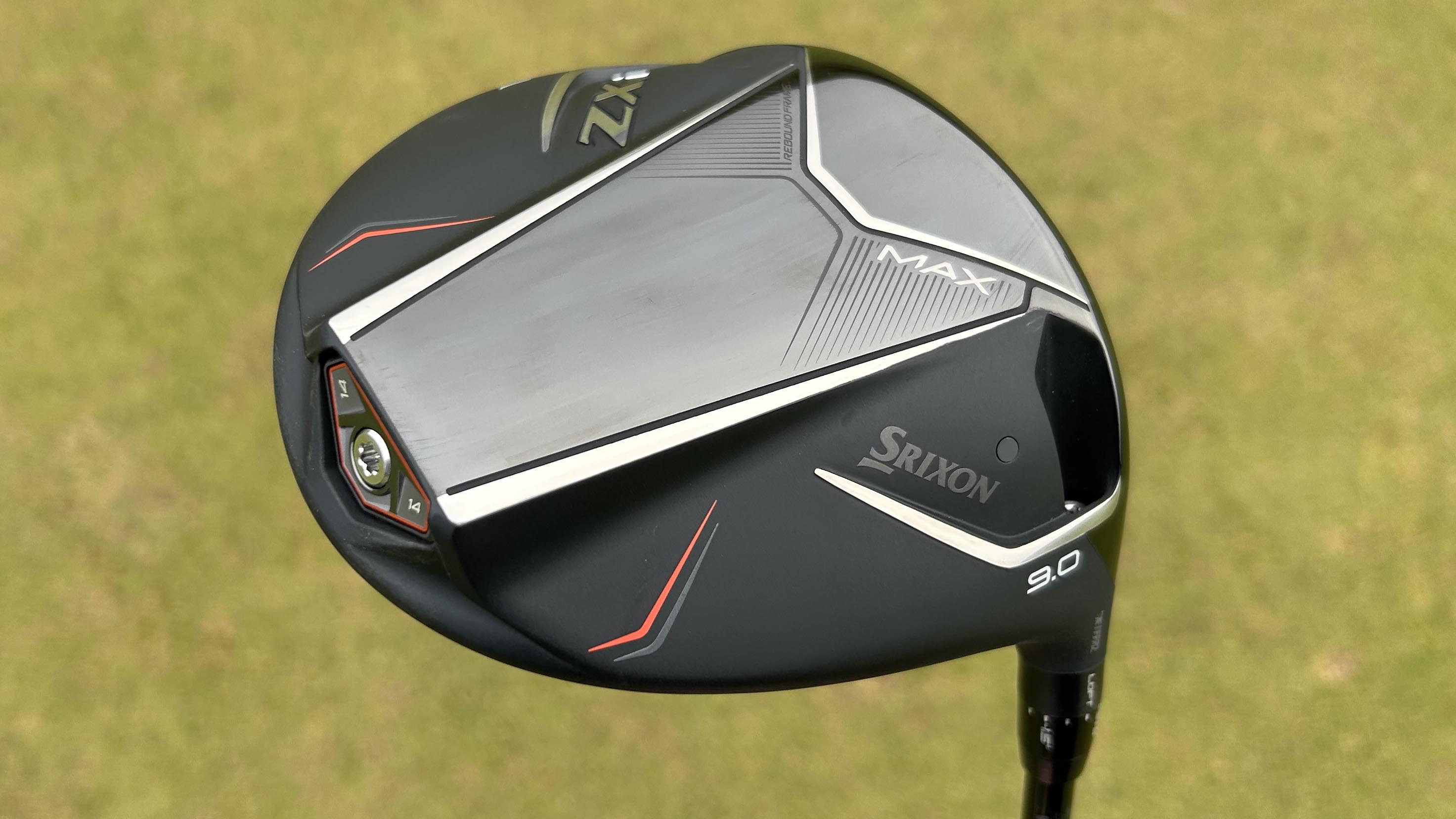
Specifications
Reasons to buy
Reasons to avoid
Srixon clubs fall into the same category as Cobra in the sense that we don't think they are appreciated enough compared to the big brands. The latest ZXi range is just further proof of that, with the 'Max' version being the standout choice in terms of optimizing forgiveness. It harnesses the same technology as the ZXi or ZXi LS drivers but caters towards who need a little assistance to maximize performance off the tee.
Beginning with looks, this is an awesome looking golf club. It doesn't have the chunky head that some higher handicappers like behind the ball - but we also realize not all players with slow swing speeds are high handicappers! Instead, our eyes are met with a slightly more compact head that looks fantastic as we stand over the ball.
In testing, forgiveness levels were fantastic - mishits didn't feel like mishits and instead of veering off the planet right or left were turned into acceptable looking drives. I'd also say that this might be the most impressive driver I've tried in 2025 in terms of dispersion, coming very close to the impressive TaylorMade Qi35 Max in this department. A little more draw bias would be welcomed by those who struggle with the slicing right miss but this is a small critique of an otherwise fantastic driver, packed full of performance and forgiveness. It's absolutely worth a test run if you're at your local golf store or pro shop and getting fitted for a new driver - we think you'll be pleasantly surprised by the results you'll find.
- Read our full Srixon ZXi Max Driver Review
Best value
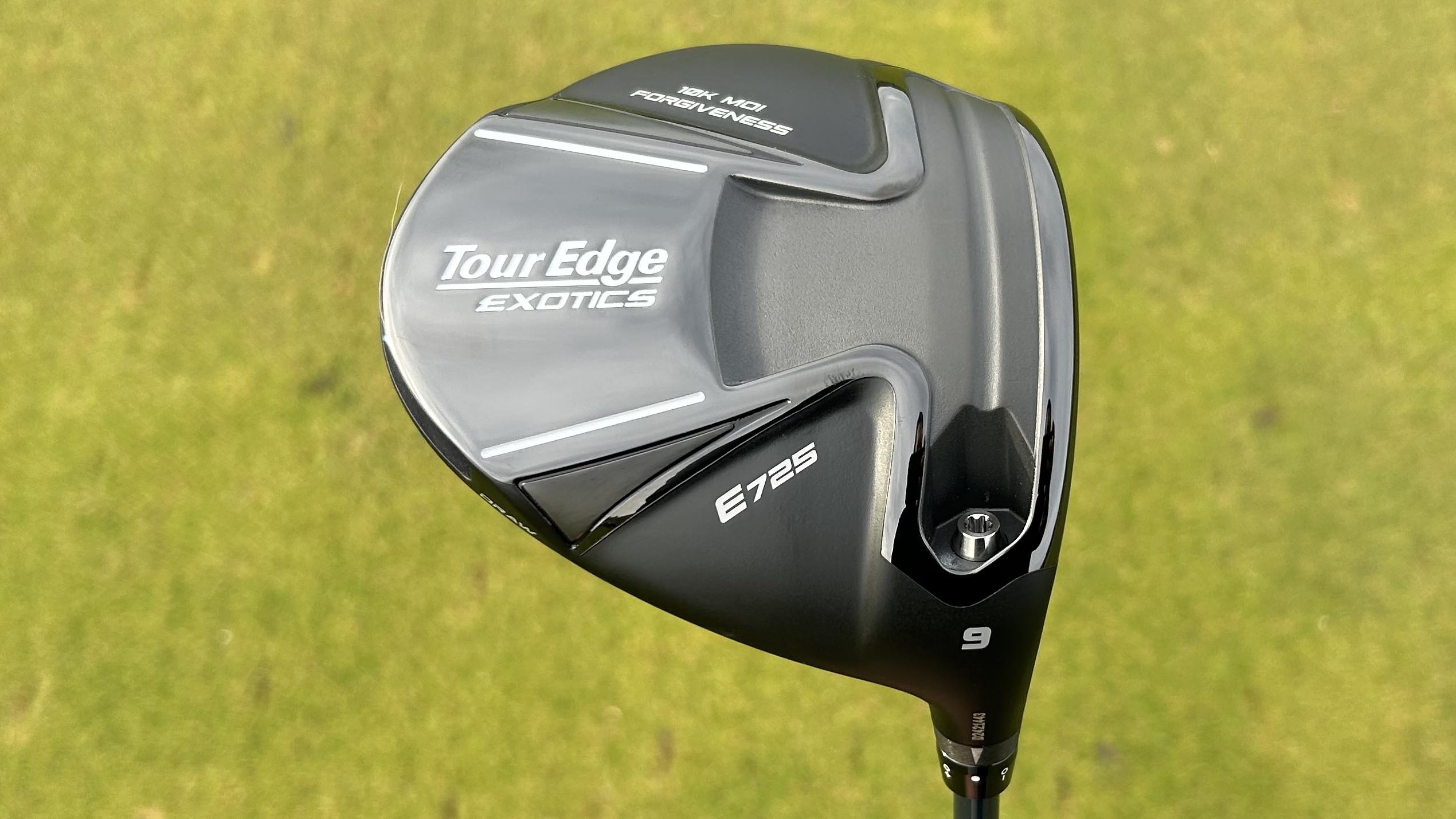
Specifications
Reasons to buy
Reasons to avoid
When you think of brands when you begin to search for you new driverm Tour Edge is likely to be one of the first to think of. However, testing the E725 has arguably provided the biggest surprise of our testing experience so far in 2025 - this is a damn good driver available at a fantastic price point, $200 less than most other models in this guide.
When you couple the high levels of forgiveness on offer with a pretty but premium aesthetic and good ball speed numbers on our launch monitor and we think this is a really good piece of kit.
As mentioned, the biggest selling point is the price, hence the 'best value' tag in this guide. With the money saved by opting for the E725 over some of the other premium options on this list you could upgrade other parts of bag whilst also getting your hands on a really underrated driver. It's well worth a test run at least.
- Read our full Tour Edge Exotics E725 Driver review
Why A Forgiving Driver?
So what exactly are the benefits of a forgiving driver and how do they work? Well, the first thing is that forgiving drivers usually have larger heads which provides more margin for error and higher MOI. They have been designed to help players maintain distance and to help tighten up the dispersion for golfers who struggle to hit it straight and are inconsistent when it comes to strike.
Forgiving drivers allow players to maximize distance as much as possible even when the ball misses the sweet spot. This in turn allows players to hit shorter clubs on their next shots which makes scoring easier. All the above models have been designed to do this by limiting the effect of mishits on ball speed, and reducing curvature through the air so the ball can stay within the confines of the fairway for longer.
How we test the most forgiving drivers
Our overall testing ethos at Golf Monthly is to put all products through a rigorous testing procedure to give you crucial insights into three things; how they perform, how they compare to their predecessors and where they stack up in relation to the competition.
To do this we will regularly attend product launches and meet with the manufacturer’s R&D experts to help us better understand the new technology. The first port of call when testing these new golf clubs is usually the indoor simulator at Foresight Sports, where the team can test in a controlled environment using premium balls and the GCQuad launch monitor.
We then do outdoor testing mainly at West Hill Golf Club, a course in Surrey with excellent practice facilities. Getting more specific, our equipment specialists have hit most drivers out on the market, in testing, practice and competition play, and deduced the above models are the most forgiving models out right now.
How to choose a driver
One of the most common question golfers ask themselves is "Do I need to buy a new driver?" and often the answer will be yes, because golfers tend to change their driver every few years. There are a few key things to consider when investing in a new driver and hopefully this guide will narrow your search down slightly and make comparing between various models much easier.
When purchasing a new big stick, it is crucial to ask yourself just what you need from it.
Size
Forgiving drivers tend to be slightly larger than other models for the basic reason of giving them a larger clubface and larger footprint to provide more margin for error on strike.
A good tactic is to try and take note of where on the face you are striking the golf ball and see if there is any drop performance. If there is then you need a more forgiving driver, as most of the more forgiving modern drivers are designed to perform regardless of where you strike them off the face. Being able to see and understand that in person will help you be more confident with one model over another.
The other thing to acknowledge is that looks are important. Having a driver that suits your eye when it is down behind the golf ball inspires confidence. If it is too big, that may put you off, but if it is too small this may knock your confidence over the ball. Finding the right balance is key. You also need to make sure you like the shape too because some drivers have a more rounded look, or more pear-shaped. Some also have a draw-bias too.
Draw-biased?
Speaking of draw bias, if you are a slicer of the golf ball then a forgiving, draw-biased driver could be the way to go to eradicate the big slices.
Adjustability
Often this weight is moveable too and adjustability has become a huge part of modern golf. Being able to tinker and change loft, lie, and many other factors, has become all the rage and if you like to try new things then plenty of the models above, like the Titleist TSi2, will cater to that. However if that doesn't interest you one bit, there are also models which keep things more simple, like the Ping G425 Max.
Shaft
Some shafts have been designed to help players get as much distance as possible so it is worth thinking about which models will help you achieve those extra yards. Also check out our guide on the best driver shafts too.
Weight
Weight has become a big factor when it comes to forgiving drivers, with most brands making models that have a weight towards the back of the head to aid forgiveness and launch. When it comes to whether you want a forgiving driver, it is worth acknowledging whether this is important to you because if not then manufacturers usually make a model without a weight there.
Price
Price is obviously an important factor and thankfully there are lots of drivers coming in at different price points. This means you can go down the premium route if you want, but there is good value to be had too.
Therefore it is about working out what you want to pay, what you can afford, and to some extent, which brand you want. Some people remain loyal to the same brand for a long time because they have had performance gains in the past, and as such this could mean paying slightly more, or slightly less on a certain model.
For more driver buying advice, check out our guides on the best drivers for beginners or best drivers for mid handicappers.
FAQs
What driver is the most forgiving?
This is a tricky question to answer definitively because there are many brands that make models that offer premium forgiveness. For example the Ping G430 Max 10K, TaylorMade Qi10 Max, Cobra Darkspeed Max and Callaway Paradym Ai Smoke Max D are just four models that deliver forgiveness but then there are drivers from brands like Titleist, Wilson, Mizuno and Cleveland that compete too. Our specific guide on the most forgiving drivers gives a significant list of the best models.
What does most forgiving driver mean?
Forgiveness in golf basically means clubs that will help players hit the ball further and straighter, despite the contact not being good or consistent. They achioeve this through technology and design features. A forgiving driver is designed to help players maintain a degree of distance and accuracy despite being inaccurate and possibly inconsistent when it comes to strike.
What is MOI?
MOI stands for Moment Of Inertia. It is a measurement to show how much resistance a clubhead has to twisting. The higher the MOI, the more resistance it has to twisting on the strike. Higher handicap golfers, or golfers who struggle to strike their driver consistency, should opt for a driver with more MOI and therefore more forgiveness.
What is the best driver for high handicappers?
All of the drivers in this guide will suit high handicap golfer as they have high MOI, large heads and perimeter weighting that will make it easy to launch. Check out our full guide on best high handicap drivers for a more in-depth look.
Get the Golf Monthly Newsletter
Subscribe to the Golf Monthly newsletter to stay up to date with all the latest tour news, equipment news, reviews, head-to-heads and buyer’s guides from our team of experienced experts.

Joe has worked in the golf industry for nearly 20 years in a variety of roles. After a successful amateur career being involved in England squads at every age group, Joe completed his PGA degree qualification in 2014 as one of the top ten graduates in his training year and subsequently went on to become Head PGA Professional at Ryder Cup venue The Celtic Manor Resort. Equipment has always been a huge passion of Joe’s, and during his time at Celtic Manor, he headed up the National Fitting Centres for both Titleist and Taylormade. He’s excited to bring his knowledge of hardware to Golf Monthly in the form of equipment reviews and buying advice.
Joe lives in North Devon and still plays sporadically on the PGA West region circuit. His best round in recent years came earlier in 2023 where he managed a 9 under par 63 at Trevose GC in a Devon & Cornwall PGA Tournament.
Joe's current What's In The Bag?
Driver: Switch between TaylorMade Qi35 and Callaway Elyte TD - both with Fujikura Ventus Black 6-X
Fairway wood 1: TaylorMade BRNR Copper Mini Driver - Fujikura Ventus Black 7-X
Fairway wood 2: Callaway Apex UW 17˚- Fujikura Ventus Black 9-X
Irons: TaylorMade P7CB 3-PW with Dynamic Gold Tour Issue X100 shafts
Wedges: Callaway Opus 50, 54, and 60 degrees - Project X LS 6.0 shafts
Putter: LAB Golf Oz.1 (zero shaft lean)
Ball: TaylorMade 2024 TP5x
Grips: Golf Pride Tour Velvet 60R
Bag: Vessel Player IV Pro DXR Stand
- David Usher
- Matt CradockStaff Writer
- Conor KeenanEcommerce Writer
-
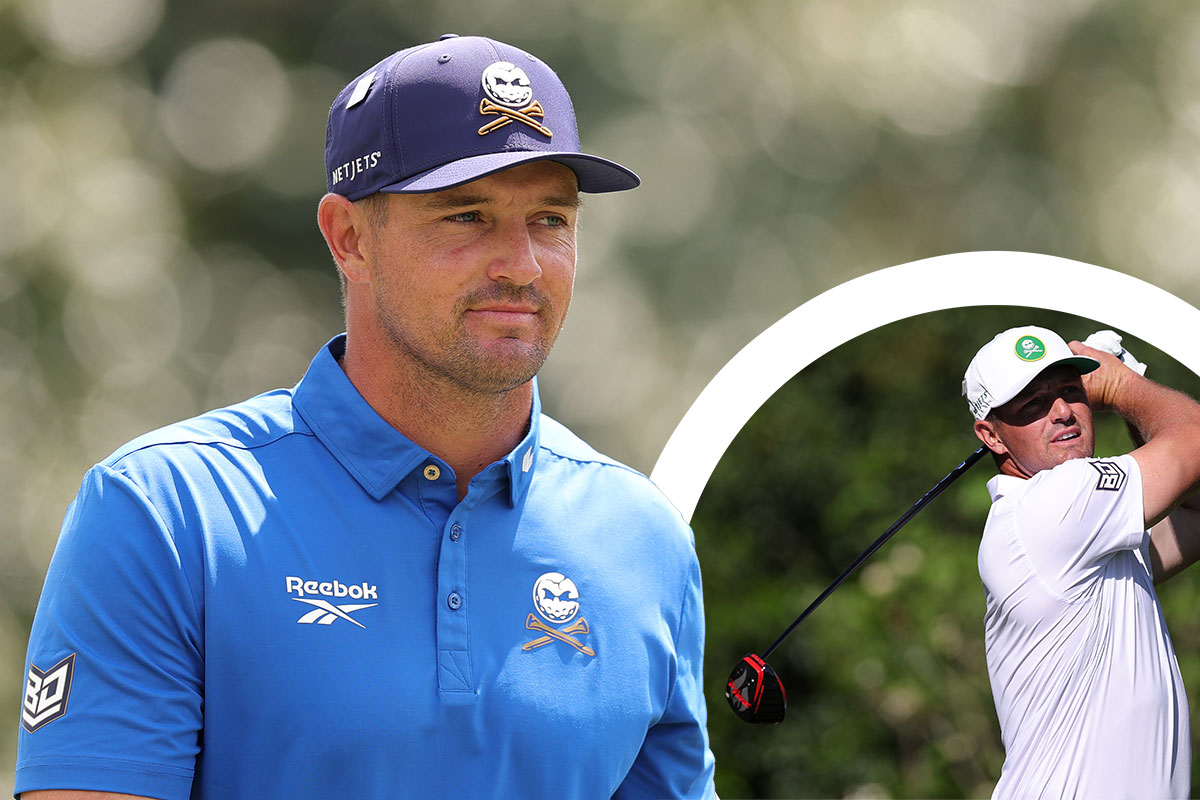 The 4 Players Hitting It Further Than Bryson DeChambeau At The 2025 Masters
The 4 Players Hitting It Further Than Bryson DeChambeau At The 2025 MastersBryson DeChambeau is renowned for his immense power and distance off the tee, so I was interested to learn these four players are outdriving him at The Masters
By Barry Plummer Published
-
 Top LIV Golfer? Top Lefty? Leading Amateur? 8 Alternative Masters Leaderboards After Day One At Augusta National
Top LIV Golfer? Top Lefty? Leading Amateur? 8 Alternative Masters Leaderboards After Day One At Augusta NationalJustin Rose leads after the first round of The Masters and, at the first Major of the year, plenty of players have already displayed strong showings at Augusta National
By Matt Cradock Published